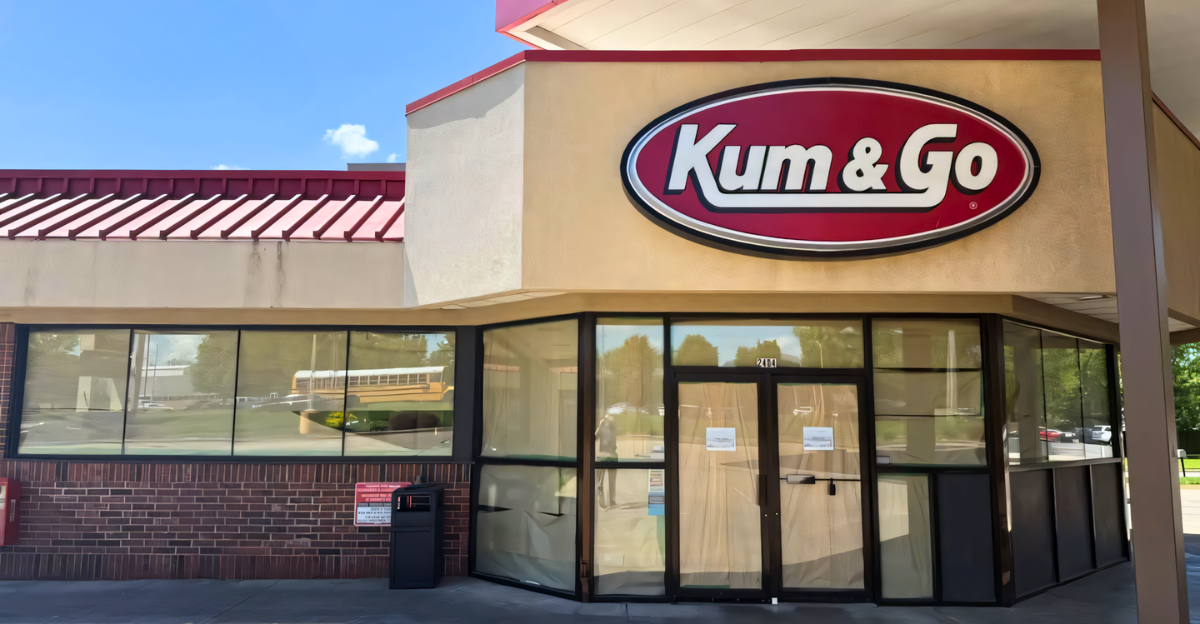
Utah-based Maverik is orchestrating a massive convenience-store rebranding, converting a beloved 65-year-old Iowa chain into its adventure-themed network. This plan covers more than 800 stores in 20 states – worth over $2 billion and involving 15,000 employees. In an industry of mostly small businesses, only 22 national chains have over 400 locations, so this consolidation is huge.
It will retire a name long synonymous with Midwestern convenience, marking the biggest identity change since 7-Eleven’s $21 billion Speedway acquisition in 2020. What began as a strategic buyout is now reshaping how millions of drivers fuel their daily travels.
Corporate Consolidation Accelerates
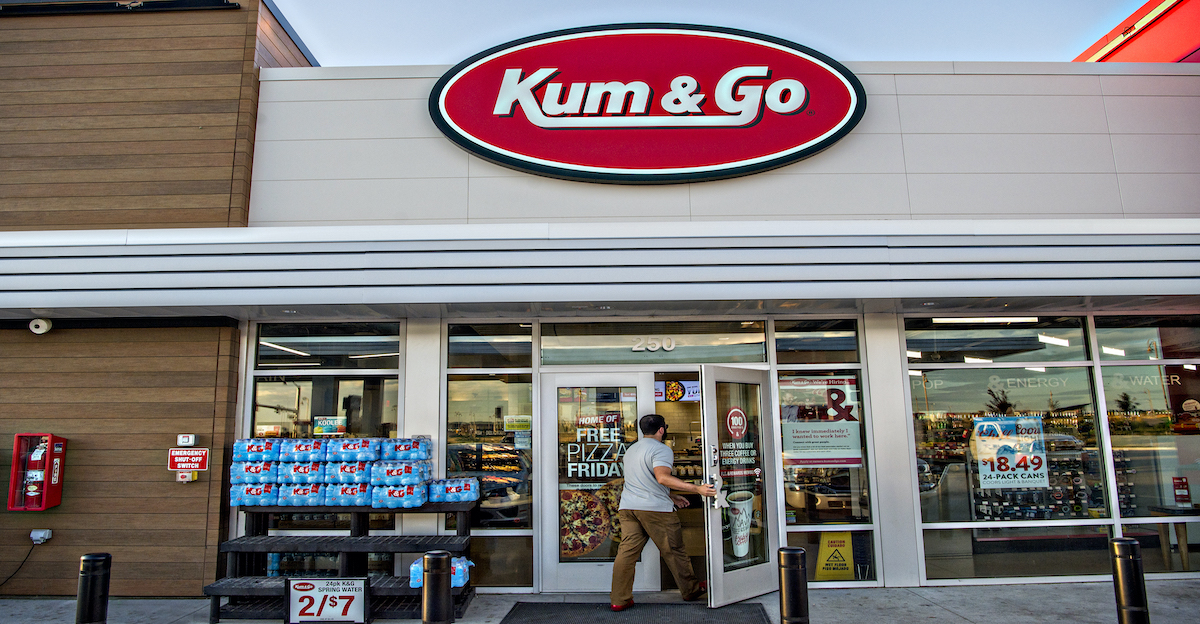
Meanwhile, the convenience-store industry is amid an unprecedented wave of mergers, mostly among smaller chains. Fully 80% of 2023 deals involved companies with fewer than 50 sites. Of the roughly 152,396 U.S. convenience stores (2024 data), nearly 96,000 are single-store operators – prime targets for acquisition. Major players are bulking up: RaceTrac agreed to acquire 1,000 Gulf Oil outlets, and BP unveiled multi-billion-dollar expansion plans.
CoBank economist Billy Roberts warns this consolidation “can have a significant impact on food accessibility in rural areas.” Faced with e-commerce competition and slim margins, many smaller operators see consolidation or exit as their only path to survival.
Iowa Origins
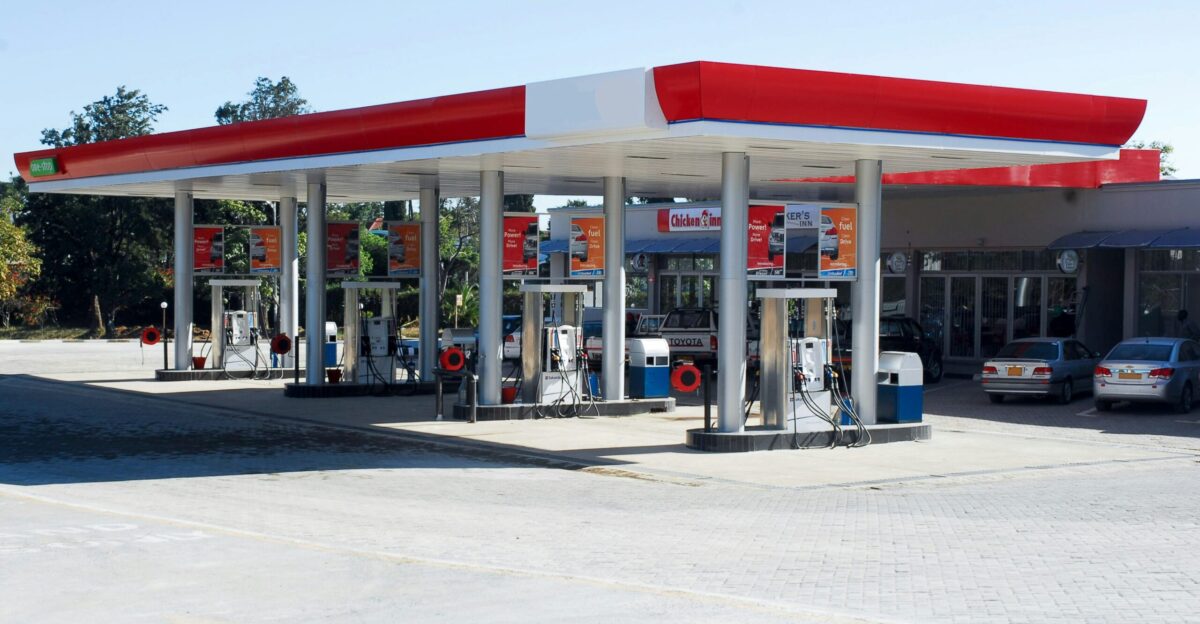
The story began in 1959, when William A. Krause and his father-in-law Tony S. Gentle opened a gas station in Hampton, Iowa (pop. <5,000). By 1963 they sold fuel and groceries together – one of America’s first “station stores,” helping create the modern convenience-store model. In 1975 they combined their initials (K & G) to name the chain K&G, a moniker Krause joked “had the fewest letters so the signs would be cheaper.”
Iowa remains the chain’s heartland: 96 of K&G’s stores are still in-state, nearly a quarter of the total.
Industry Pressures Mount

Despite K&G’s legacy, all convenience stores now face heavy pressure. Over 80% of sales are card-based (up 7.3 points since 2020), boosting transaction fees while fuel margins remain slim. Foodservice (fresh meals, coffee, etc.) now drives 27.7% of in-store sales (38.6% of gross profit) but adds complexity and training costs. At the same time, stores need more staff than ever – from sandwich makers to EV charging attendants – in a tight labor market.
The impact is worst in rural America: 90% of U.S. counties with the highest food insecurity are rural, where c-stores often serve as community anchors. These pressures are pushing chains toward consolidation.
Rebranding Begins
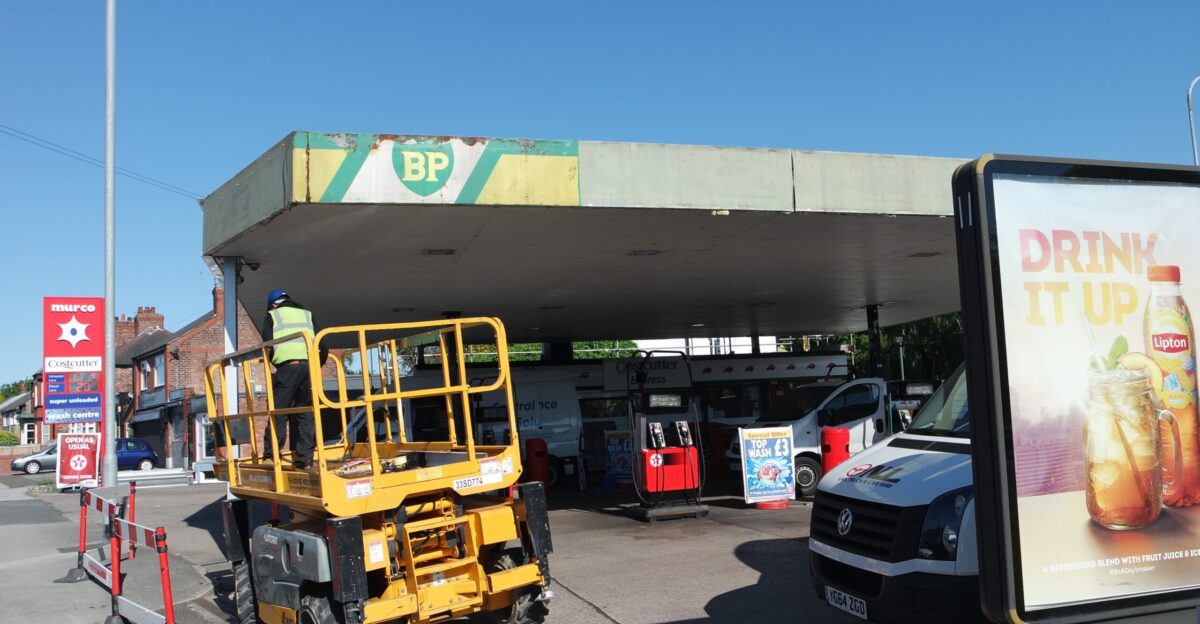
On July 18, 2024, K&G’s Neola, Iowa store closed its doors for the last time – a local said, “I grew up with that store; it’s strange to see its name go away.” It reopened as a Maverik, kicking off a makeover of Iowa’s 96 locations. After the $2 billion K&G buyout in 2023, Maverik confirmed it will rebrand all 800+ stores.
The Iowa phase is especially emotional, since K&G was born here. CEO Crystal Maggelet (Chief Adventure Guide) says the company will take a “thoughtful, market-by-market approach” to keep customers happy through the transition.
Iowa Communities Feel Impact
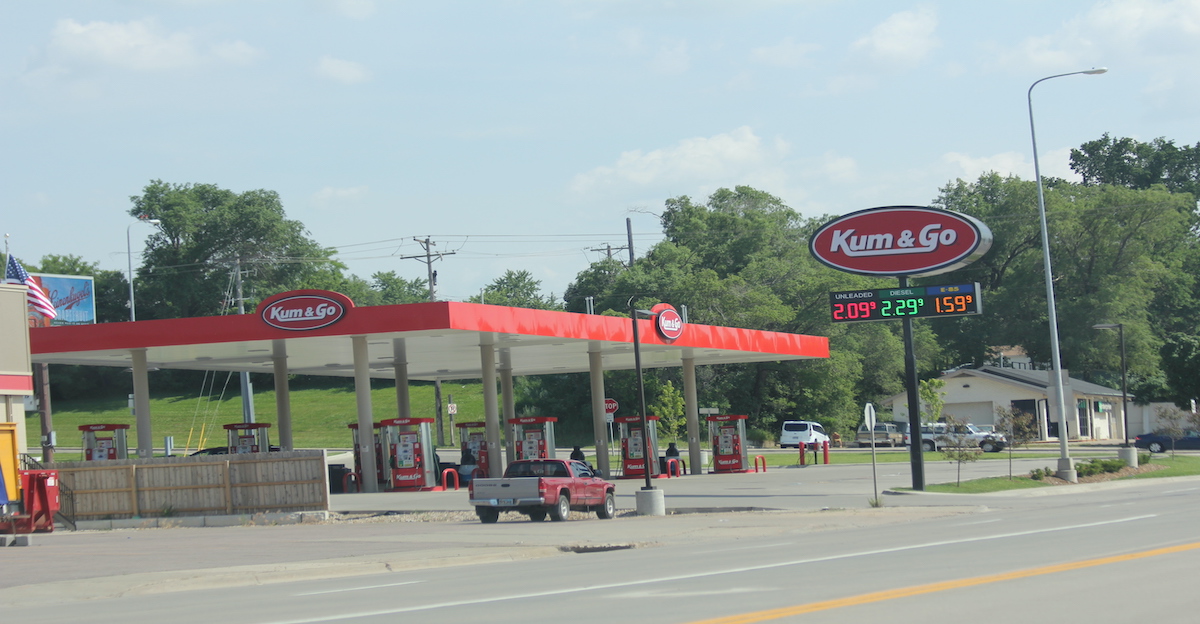
Iowa communities are feeling the change. Even in Des Moines, K&G’s original home, locals feel a piece of heritage slipping away. In small towns, K&G stores were often community hubs – now their familiar signs vanish. Workers feel it too: one K&G clerk said, “This place was like family – we’re all nervous about what comes next.” Some cling to hope, noting Maverik’s strong employee perks.
Locals will watch charitable giving as well: K&G donated millions to Iowa schools and nonprofits – residents wonder if Maverik will sustain that support.
Employee Experiences Vary
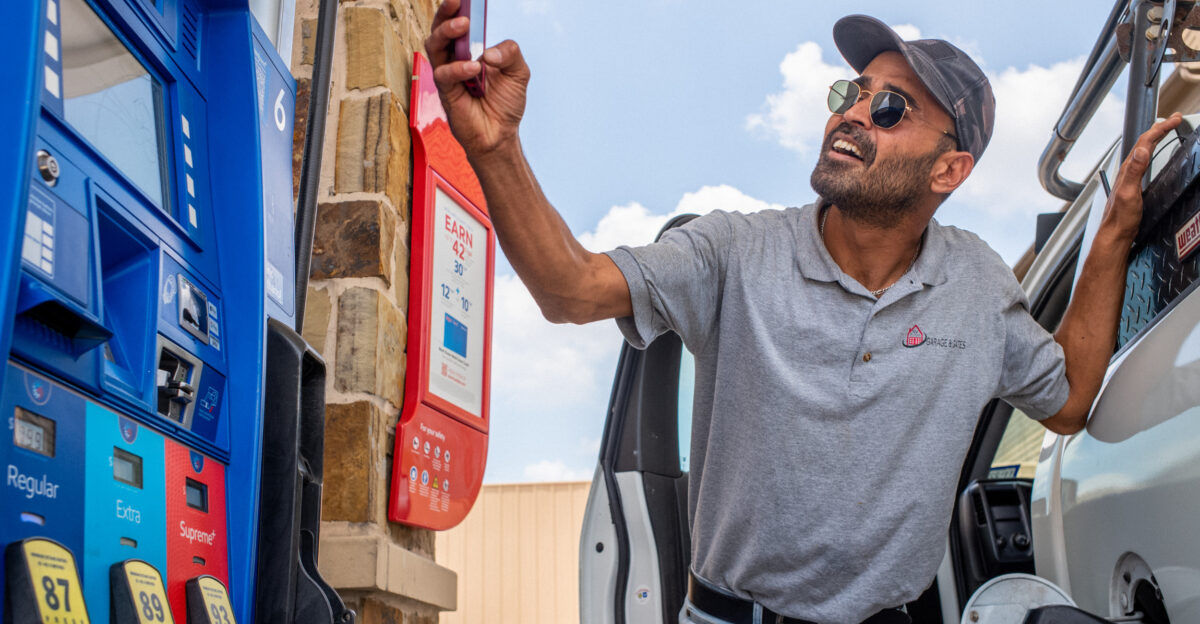
K&G’s former employees praise its family-friendly culture (401(k) matching, paid holidays, flex schedules and deep store discounts), and Maverik workers similarly cite the company’s “Titanium Rule” ethos and strong brand identity. But not all is smooth: some ex-managers recall layoffs and communication glitches during the transition. Many staff appreciate Maverik’s perks – 10¢/gal fuel discounts and tuition assistance – even as they mention occasional management inconsistencies.
Convenience-store pay in Iowa averages about $16–$26 per hour, yet K&G’s corporate salaries were much higher (around $54/hour median) – underscoring how much employees have at stake.
Market Consolidation Accelerates

The Maverik-K&G merger is a landmark in a wider consolidation wave. Maverik jumped from the 21st to the 12th largest U.S. chain, creating an 817-store network. It follows other megadeals – Couche-Tard’s $47 billion bid for 7-Eleven and Casey’s $375 million purchase of CEFCO – showing how chains are growing. Because the two companies served different regions, regulators raised few objections.
The combined chain now competes with giants like Casey’s (2,729 stores) across 20 states, leveraging its scale. Analysts expect more such deals as smaller operators find it hard to stay independent.
Loyalty Programs Evolve
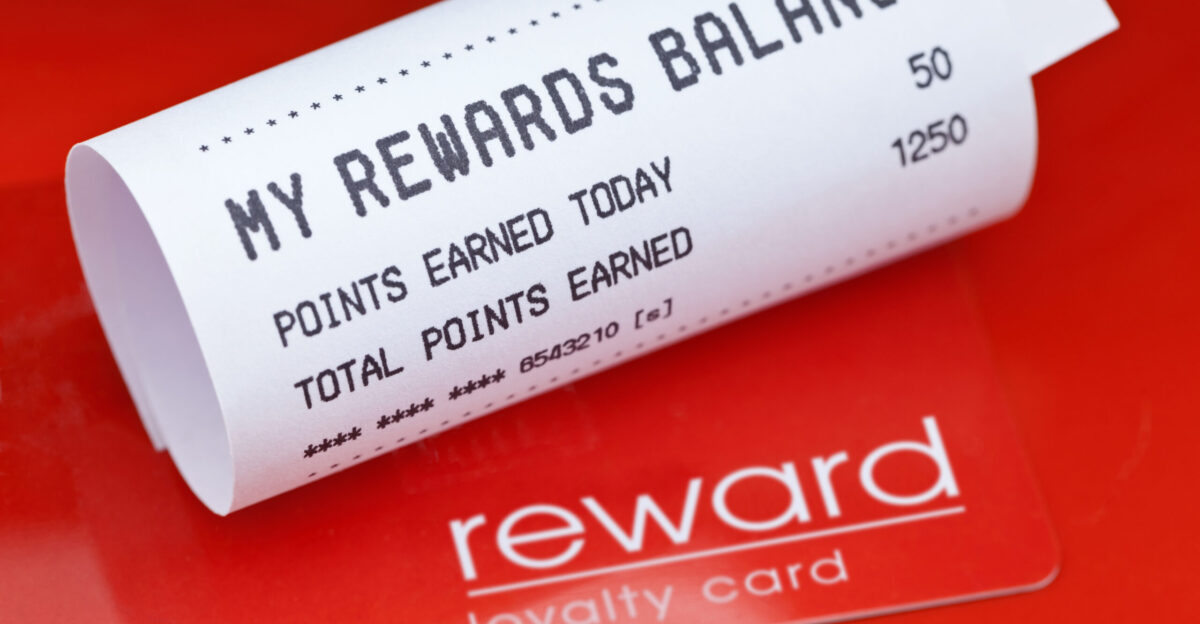
Maverik is unifying loyalty programs. K&G’s & Rewards perks (like 2¢/gal fuel discounts and points for store credit) are ending. Under the new Adventure Club, members still get 2¢/gal off (10¢ for Nitro-card holders) and earn “Trail Points.” But K&G points do not transfer – customers must redeem them before their store switches or lose them. About 37.4% of customers who buy fountain drinks also buy food, so loyalty rewards are key.
Maverik’s Adventure Club is ranked in Newsweek’s Best Loyalty Programs 2024, aiming to keep customers on board through the rebrand.
Future Questions
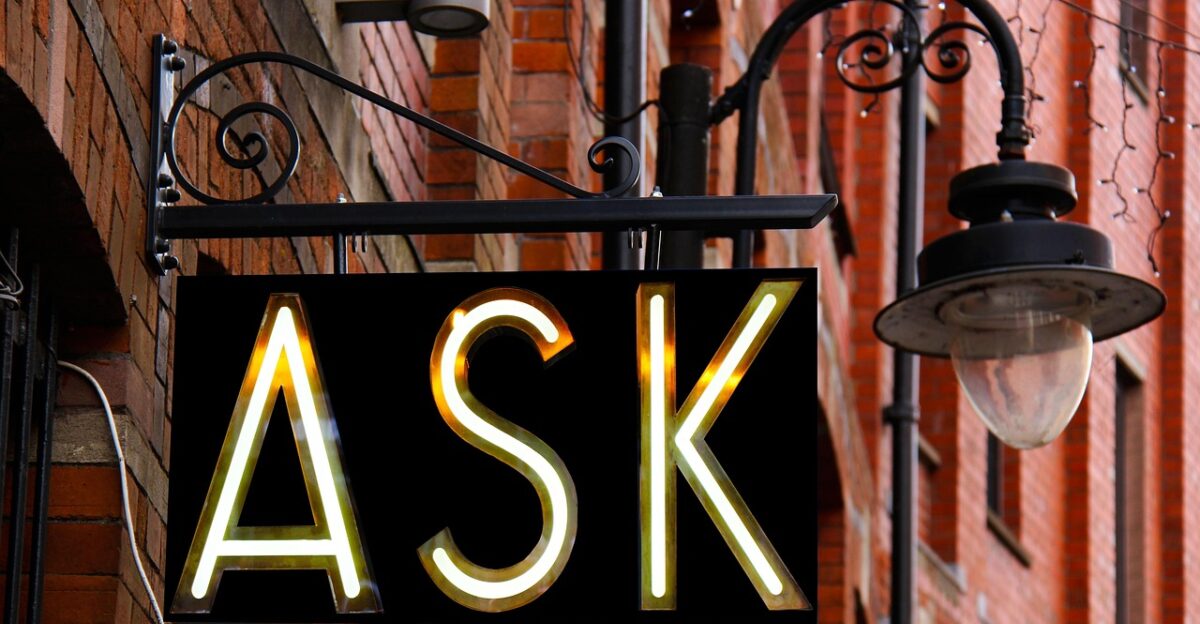
By mid-October 2024, the Iowa rebranding raises big questions. Will Maverik’s Adventure-themed brand click with customers who cherished K&G’s local heritage? One Iowa shopper worries, “If Maverik loses our trust, we’ll fill up somewhere else.” Locals also remember that K&G donated millions to Iowa schools and charities. “K&G gave so much to our communities,” says an Ames teacher, “we’ll see if Maverik does too.”
Ultimately, the real test is customer acceptance: will Iowans embrace their new Adventure’s First Stop, or seek out alternatives that feel more like home?
